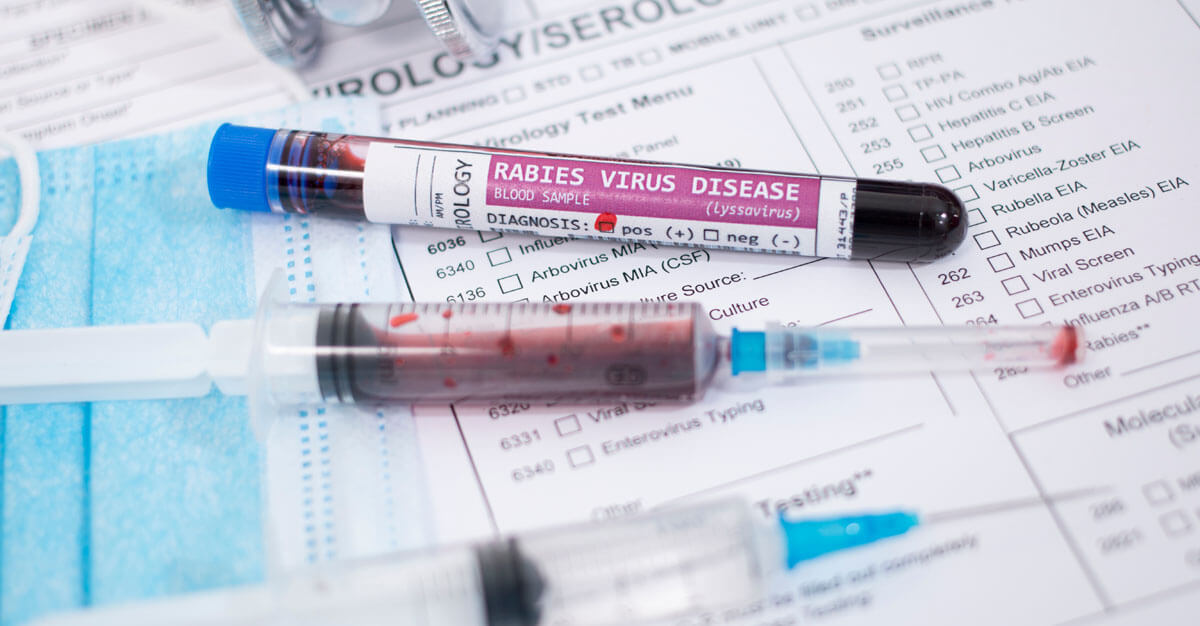
Rabies is an illness that many people fear contracting. But, human cases of rabies are rarely seen. That is, unless you get bit by a rabid animal. In that case, it is important to get treated as soon as you think you have been infected. Rabies is caused by a lyssavirus, which is a type of virus that causes encephalitis – an inflammation of the brain. According to the Centers for Disease Control and Prevention, approximately 59,000 people die annually from rabies.









